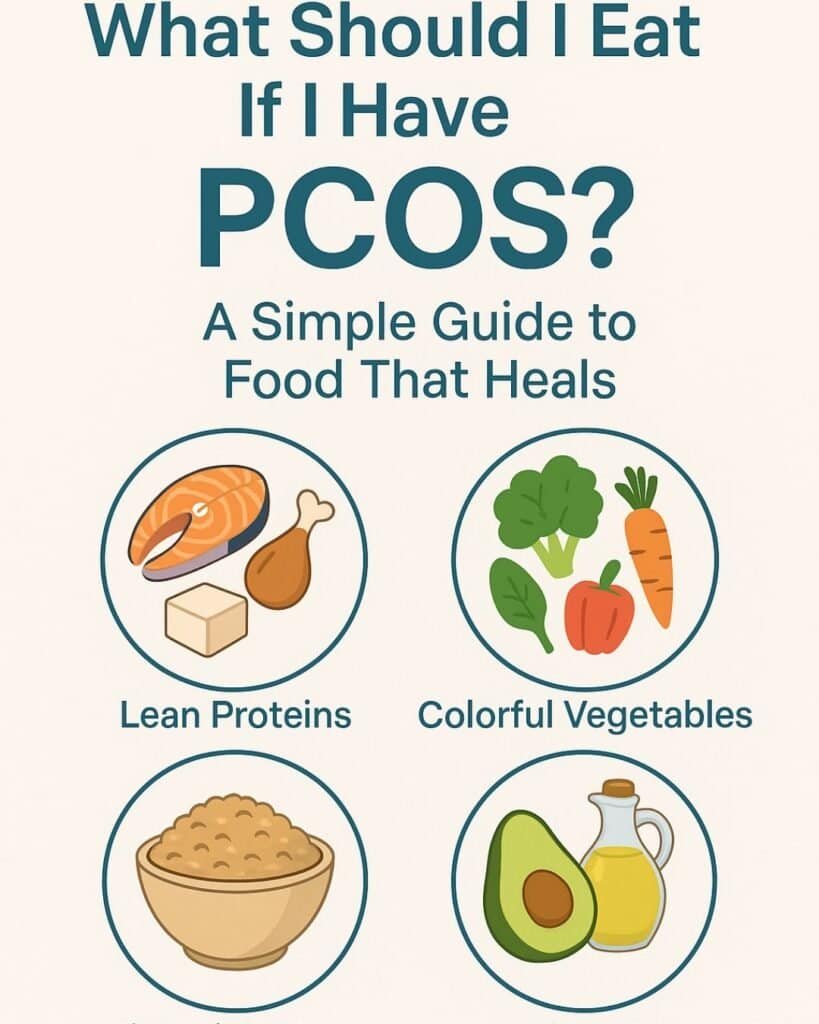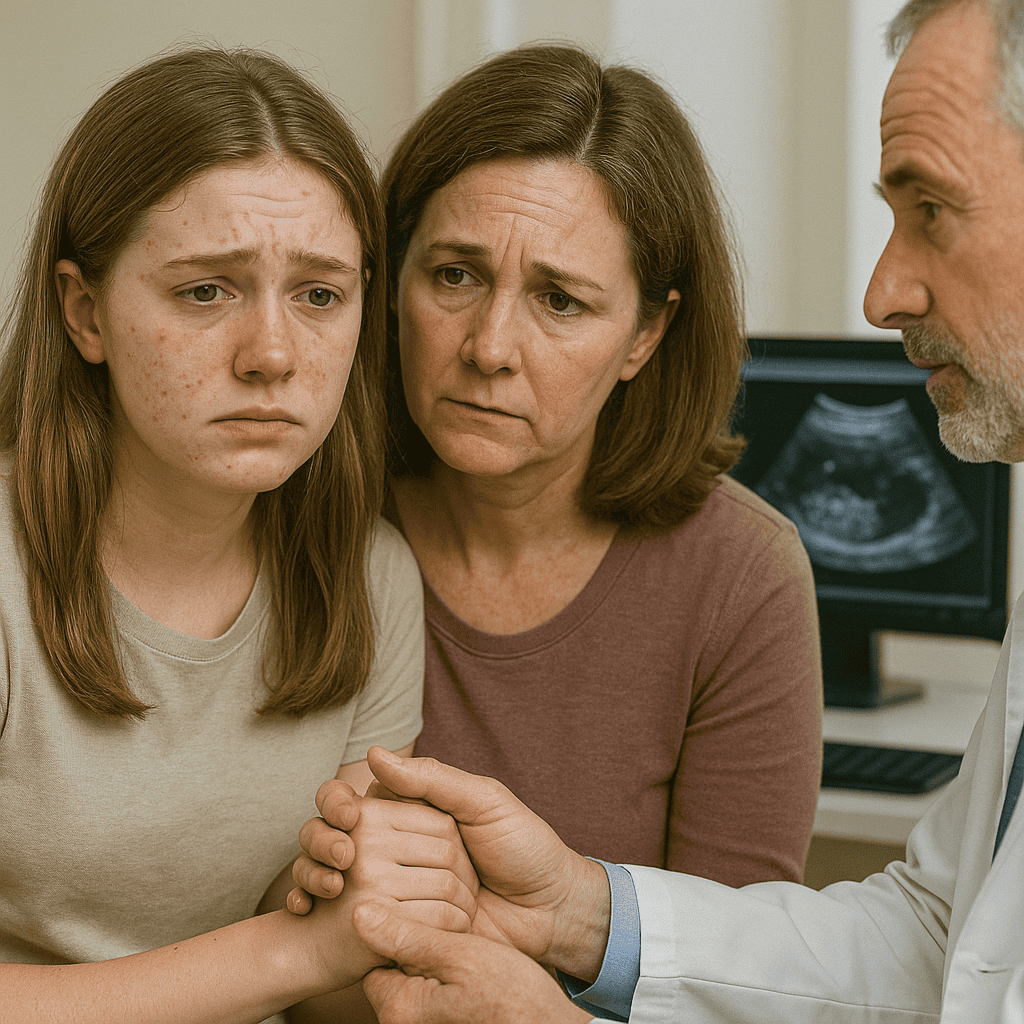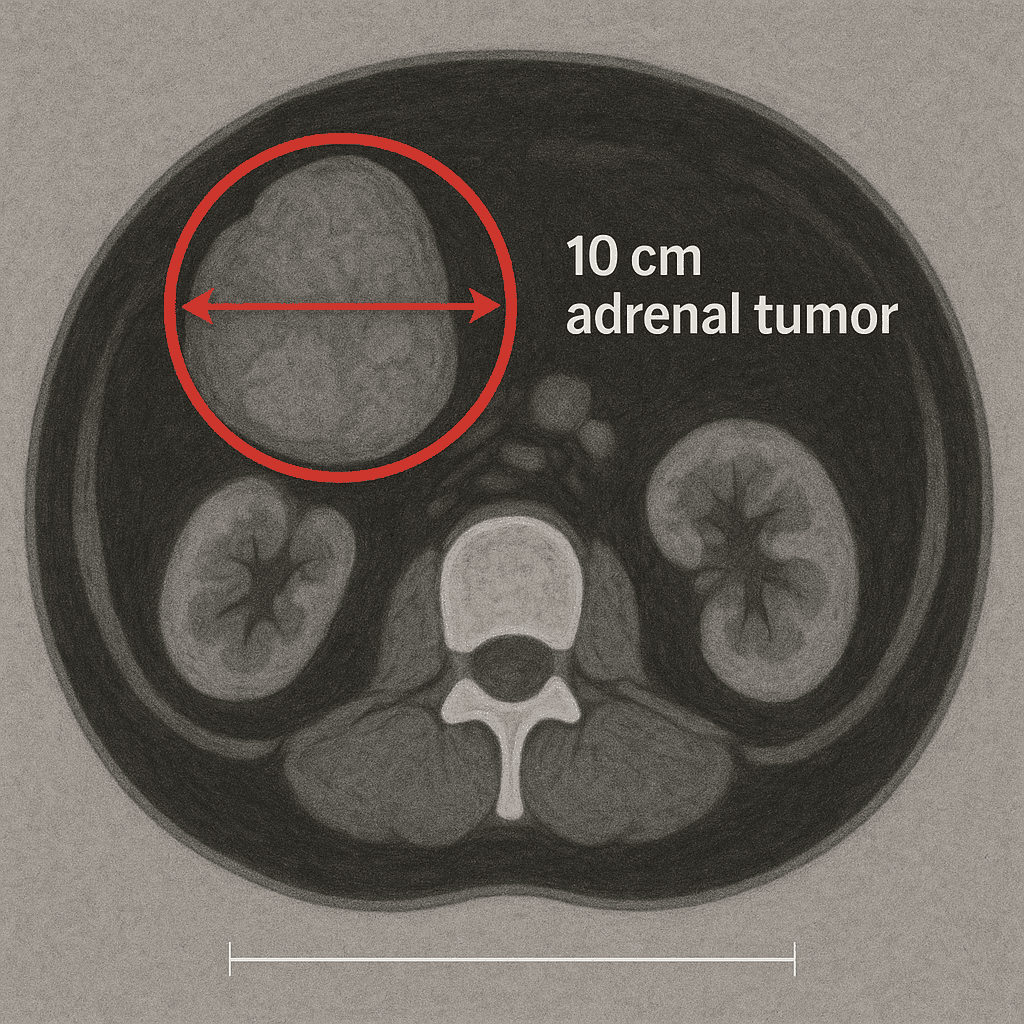What Should I Eat If I Have PCOS? A Simple Guide to Food That Heals
From Fear to Empowerment: Emily’s Journey After a Misdiagnosed PCOS Diagnosis
A Delicate Balance: Navigating PCOS and Family Beliefs at Sixteen
Listening to Your Body: How Julia Discovered a Silent Prolactinoma
Not All That Shines Is PCOS: The Silent Threat of an Adrenal Tumor
Diet and Lifestyle: Natural Ways to Manage Fibroid Symptoms
When to See a Doctor: Recognizing Serious Fibroid Symptoms
Understanding Uterine Fibroids: Causes, Symptoms, and Types
Understanding gynecological issues is crucial for better health. Gynecological health encompasses a wide range of topics that can affect women at different stages of life, from adolescence to menopause. Knowledge about these issues can empower individuals to recognize symptoms and seek timely medical advice and treatment. Common gynecological issues include menstrual disorders, pelvic pain, sexually transmitted infections (STIs), and issues related to pregnancy and menopause. Each of these areas presents unique challenges and solutions that warrant a thorough understanding.
For instance, menstrual disorders can manifest in various forms such as irregular periods, heavy bleeding, or painful cramps. It is important for women to track their menstrual cycles using apps or calendars, allowing them to identify any changes that may require medical attention. Menstrual tracking can also assist in recognizing patterns that may indicate underlying conditions such as endometriosis or polycystic ovary syndrome (PCOS). Treatment options for these conditions may include hormonal therapies, lifestyle changes, or surgical interventions, highlighting the importance of early diagnosis.
Common Gynecological Issues and Their Impact
In addition to the aforementioned issues, it is important to recognize the psychological aspects of gynecological health. Women may experience anxiety or depression related to their reproductive health, particularly in the context of fertility struggles or chronic health conditions. Psychological support, therapy, and stress-relief techniques such as yoga and mindfulness can be instrumental in addressing these challenges.
Moreover, women should also be aware of the importance of regular gynecological check-ups, including Pap smears and pelvic exams. These screenings are essential for early detection of cervical cancer and other gynecological conditions. Women should establish a routine of visiting their healthcare provider regularly, as this practice can significantly impact their long-term health and well-being.
Understanding the role of nutrition in gynecological health can also play a vital role. A balanced diet rich in vitamins and minerals, such as calcium and vitamin D, can support reproductive health. Additionally, foods high in omega-3 fatty acids can help reduce inflammation, which is particularly beneficial for women suffering from conditions like endometriosis.
Furthermore, it is critical for women to educate themselves about their bodies. Understanding one’s own anatomy and the menstrual cycle can empower women to advocate for their health. Resources such as educational websites, books, and workshops can provide valuable information and promote self-advocacy.
Lastly, engaging in supportive communities can enhance the overall well-being of women. Sharing experiences and advice in forums or groups can provide comfort and validation. Women should feel encouraged to seek support from friends, family, or professional counselors to navigate the complexities of gynecological health.
Pelvic pain is another significant concern that can arise from various underlying conditions, including ovarian cysts, fibroids, or pelvic inflammatory disease. Understanding the nature of the pain—whether it is acute or chronic—is crucial for effective diagnosis. Women experiencing pelvic pain should document the pain’s frequency, duration, and intensity. This information can greatly assist healthcare providers in determining the best course of action, which may range from medication to more invasive procedures, depending on the underlying cause.
Sexually transmitted infections (STIs) are prevalent and can have serious implications if left untreated. Regular screenings and understanding how to practice safe sex are essential components of maintaining good gynecological health. Women should be educated about the symptoms of common STIs, such as chlamydia, gonorrhea, and HPV, and the importance of communication with their partners regarding sexual health. Additionally, the role of vaccinations, such as the HPV vaccine, in preventing certain STIs should not be overlooked, as they can significantly reduce the risk of complications.
Pregnancy brings about numerous changes in a woman’s body and can often lead to complications that require medical attention. Conditions such as gestational diabetes or preeclampsia need to be monitored closely during pregnancy to ensure the health of both mother and child. It is vital for pregnant women to attend regular prenatal check-ups, which can help in early detection of any complications. Postpartum care is equally important, as women may experience physical and emotional challenges after childbirth, including postpartum depression. Support groups and counseling can be beneficial during this period.
Finally, menopause is a natural part of aging that can bring about uncomfortable symptoms such as hot flashes, sleep disturbances, and mood changes. Understanding menopause and its effects can help women manage their health during this transitional phase. Lifestyle changes, such as diet and exercise, along with medical treatments like hormone replacement therapy (HRT), can alleviate some of these symptoms. Women should feel encouraged to discuss their experiences with healthcare providers to find personalized approaches to managing menopausal symptoms.
Overall, understanding these gynecological issues not only promotes better health but also improves the quality of life for women. It is essential to foster an environment where women feel comfortable discussing their health concerns and seeking help when necessary. Educational resources, community health programs, and open conversations about women’s health can play a vital role in improving awareness and encouraging proactive health management.








